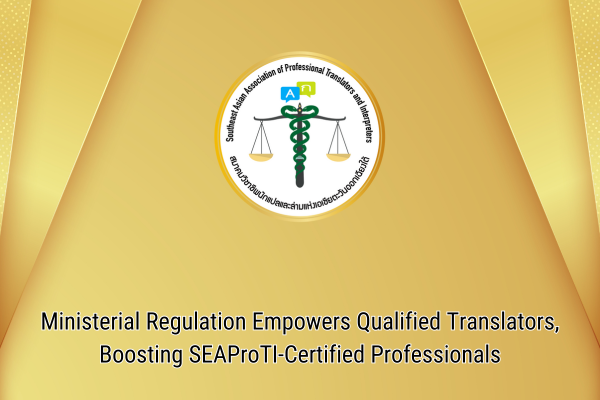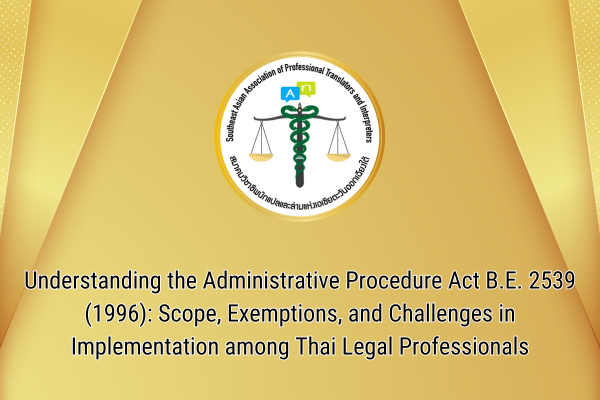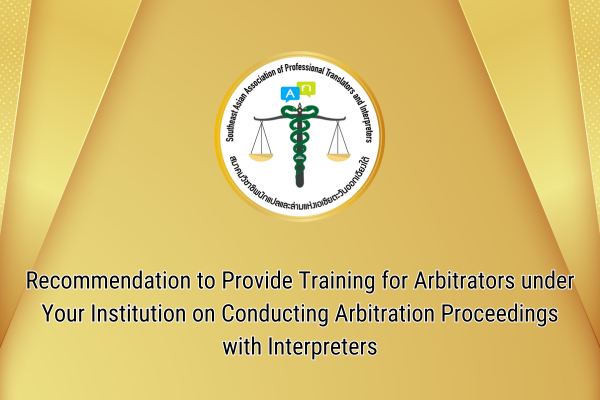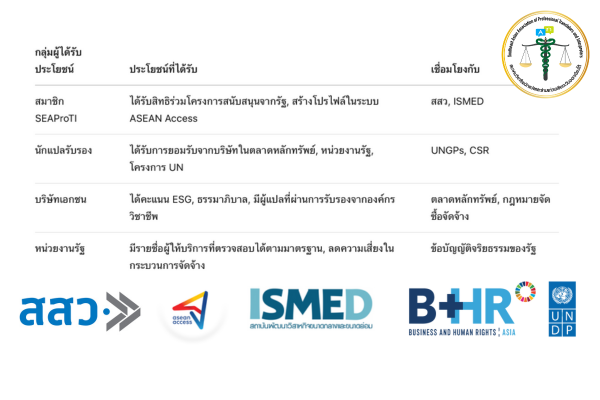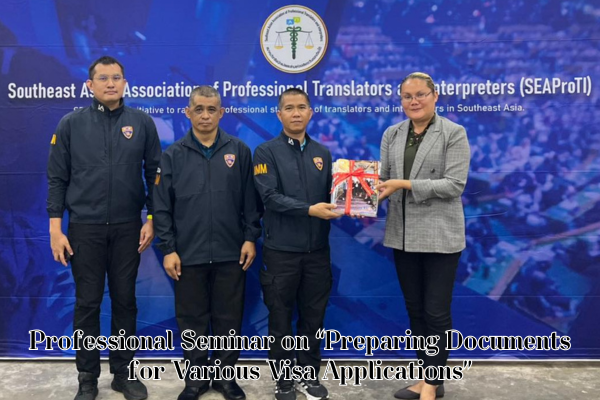Criminal Trespass Under the Thai Criminal Code of B.E. 2499 (1956)
12 February 2025, Bangkok – Under the Criminal Code of B.E. 2499 (1956), criminal trespass is defined as an offense where a person unlawfully enters the immovable property of another. According to Section 362, trespass occurs when a person enters the property with the intent to take possession of it, either in whole or in part, or to disturb the peaceful possession of the owner. Furthermore, Section 59 of the Code specifies that an individual is criminally liable only if the offense is committed intentionally, unless the law specifically designates negligence or strict liability as the basis for the offense.
Case Examples from Thai Supreme Court Rulings
Supreme Court Decision No. 5132/2555
In this case, the plaintiff’s brother owned a plot of land in Samut Prakarn, on which the plaintiff had a house built with his permission. The plaintiff’s brother entered into a sales agreement with the defendant to sell both the land and the house. However, when registering the property transfer at the Land Office, the agreement specified that only the land was being sold and not the house.
After the sale, the defendant hired a second defendant to renovate the house, including the bathroom and kitchen. The plaintiff warned the defendant to cease the work, but the defendant instructed the second defendant to continue. The court ruled that the defendant was guilty of trespass under Section 362, reasoning that, because the plaintiff’s brother sold only the land and not the house, the defendant had no legal right to order renovations on the house.
The defendant was sentenced to three months in prison for the more severe offense of criminal mischief under Section 358, but the sentence was suspended for two years. The charge of trespass against the second defendant was dismissed.
Supreme Court Decision No. 10832/2553
In this case, the plaintiff was a director of Company X, while the other plaintiffs were shareholders and employees of the company, residing in company-provided quarters. When the plaintiffs resigned from the company, the defendant, the company’s manager, ordered the locks of the employee quarters to be changed.
The public prosecutor filed charges against the defendant for criminal trespass under Section 362. The court, however, cleared the defendant of the charges, ruling that the defendant’s actions did not constitute trespass. The court reasoned that the plaintiffs had lived in the quarters in their capacity as employees, and upon their resignation, they no longer had the right to remain. Moreover, the defendant had changed the locks in response to thefts and unauthorized entries, which had occurred in multiple rooms, not just the plaintiffs’ quarters.
The court further concluded that the defendant acted in the interest of the company, the owner of the quarters, and not in an unlawful manner.
The Role of Certified Interpreters and Translators in Legal Procedures
In legal procedures, especially when dealing with foreign-language documents, certified interpreters and translators from the Southeast Asian Association of Translators and Interpreters (SEAProTI) play a crucial role in ensuring accurate communication.
- Certified Interpreters ensure that communication in court hearings or legal proceedings is accurate and clear, particularly when non-native speakers are involved.
- Certified Translators authenticate translated documents, ensuring their legal acceptability in court and preventing any misunderstandings or misinterpretations during the legal process.
These experts help smoothen legal proceedings, especially in cases involving foreign parties or multiple languages, ensuring that the legal rights of all parties are respected and upheld.
Conclusion
While the concept of criminal trespass may seem straightforward, cases can be more complex than they appear, requiring careful legal interpretation. When in doubt about the law or its implications, it is strongly recommended to consult with legal counsel and certified interpreters or translators to avoid legal pitfalls and ensure accurate understanding and communication.
SEAProTI’s certified translators, translation certification providers, and certified interpreters:
The Southeast Asian Association of Professional Translators and Interpreters (SEAProTI) has officially announced the criteria and qualifications for individuals to register as “Certified Translators,” “Translation Certification Providers,” and “Certified Interpreters” under the association’s regulations. These guidelines are detailed in Sections 9 and 10 of the Royal Thai Government Gazette, issued by the Secretariat of the Cabinet under the Office of the Prime Minister of the Kingdom of Thailand, dated July 25, 2024, Volume 141, Part 66 Ng, Page 100.
To read the full publication, visit the Royal Thai Government Gazette
ความผิดฐานบุกรุกตามประมวลกฎหมายอาญา พ.ศ. 2499
12 กุมภาพันธ์ 2568, กรุงเทพมหานคร – ความผิดฐานบุกรุกตามประมวลกฎหมายอาญา พ.ศ. 2499 เป็นความผิดทางอาญาที่กำหนดลักษณะการกระทำผิดไว้หลายรูปแบบ โดยเฉพาะในมาตรา 362 ซึ่งระบุว่า การบุกรุกเกิดขึ้นเมื่อบุคคลเข้าไปในอสังหาริมทรัพย์ของผู้อื่นโดยมีเจตนาเข้าครอบครองทรัพย์สินบางส่วนหรือทั้งหมด หรือเพื่อรบกวนการครอบครองทรัพย์สินอย่างสงบของผู้อื่น
นอกจากนี้ มาตรา 59 ของประมวลกฎหมายอาญายังกำหนดให้บุคคลต้องรับผิดทางอาญาได้ก็ต่อเมื่อได้กระทำความผิดโดยเจตนา เว้นแต่ในกรณีที่กฎหมายระบุให้ความประมาทหรือการกระทำความผิดโดยไม่ต้องอาศัยเจตนาเป็นฐานความผิด
กรณีตัวอย่างจากคำพิพากษาศาลฎีกา
คำพิพากษาศาลฎีกาที่ 5132/2555
ในกรณีนี้ โจทก์เป็นเจ้าของบ้านบนที่ดินของพี่ชาย ซึ่งพี่ชายได้ตกลงขายที่ดินและบ้านให้แก่จำเลย แต่เมื่อไปจดทะเบียนโอนกรรมสิทธิ์ สัญญาได้ระบุว่าเป็นการขายเฉพาะที่ดินโดยไม่รวมบ้านบนที่ดินดังกล่าว
หลังจากการซื้อขายเสร็จสิ้น จำเลยได้สั่งให้จำเลยที่สองเข้าไปปรับปรุงบ้าน แม้ว่าโจทก์จะเตือนให้หยุดดำเนินการ แต่จำเลยยังคงดำเนินการต่อ ศาลจึงตัดสินว่าจำเลยมีความผิดฐานบุกรุกตามมาตรา 362 เนื่องจากไม่มีสิทธิ์ตามกฎหมายในการเข้าไปปรับปรุงบ้านของโจทก์
คำพิพากษาศาลฎีกาที่ 10832/2553
ในกรณีนี้ โจทก์เป็นพนักงานของบริษัท X และอาศัยอยู่ในที่พักพนักงาน ต่อมา โจทก์ได้ลาออกจากบริษัทและจำเลยซึ่งเป็นผู้จัดการบริษัทได้สั่งให้เปลี่ยนกุญแจห้องพัก เนื่องจากมีเหตุลักทรัพย์และการบุกรุกของบุคคลภายนอก
ศาลได้พิจารณาแล้วว่าการกระทำของจำเลยไม่เข้าข่ายความผิดฐานบุกรุก เนื่องจากโจทก์ได้ลาออกจากตำแหน่งและจำเลยได้ดำเนินการเพื่อรักษาความปลอดภัยในนามของบริษัทซึ่งเป็นเจ้าของที่พักพนักงาน
บทบาทของล่ามรับรองและผู้เชี่ยวชาญการแปลในกระบวนการทางกฎหมาย
ในกระบวนการทางกฎหมาย โดยเฉพาะกรณีที่เกี่ยวข้องกับเอกสารภาษาต่างประเทศ ล่ามรับรองและผู้รับรองการแปลจากสมาคมวิชาชีพนักแปลและล่ามแห่งเอเชียตะวันออกเฉียงใต้ (SEAProTI) มีบทบาทสำคัญในการให้ความช่วยเหลือ
- ล่ามรับรอง ช่วยให้การสื่อสารในชั้นศาลและการพิจารณาคดีเป็นไปอย่างถูกต้องและโปร่งใส
- ผู้รับรองการแปล ช่วยยืนยันความถูกต้องของเอกสารแปล เพื่อให้สามารถนำไปใช้ในกระบวนการทางกฎหมายได้อย่างมั่นใจ
โดยเฉพาะในกรณีที่เกี่ยวข้องกับชาวต่างชาติหรือเอกสารหลายภาษา การมีผู้เชี่ยวชาญเหล่านี้ช่วยให้กระบวนการดำเนินไปอย่างราบรื่น ลดความเสี่ยงในการตีความผิดพลาด และช่วยให้ทุกฝ่ายได้รับความเป็นธรรมตามกฎหมาย
ข้อสรุป
แม้ว่าความผิดฐานบุกรุกจะดูเหมือนเป็นเรื่องตรงไปตรงมา แต่บางกรณีอาจมีความซับซ้อนที่ต้องอาศัยการตีความทางกฎหมาย ดังนั้น หากคุณไม่มั่นใจเกี่ยวกับข้อกฎหมายหรือผลกระทบที่อาจเกิดขึ้น ควรปรึกษาทนายความและผู้เชี่ยวชาญด้านการแปลและล่ามรับรอง เพื่อหลีกเลี่ยงปัญหาทางกฎหมายในอนาคต
เกี่ยวกับนักแปลรับรอง ผู้รับรองการแปล และล่ามรับรองของสมาคมวิชาชีพนักแปลและล่ามแห่งเอเชียตะวันออกเฉียงใต้
สมาคมวิชาชีพนักแปลและล่ามแห่งเอเชียตะวันออกเฉียงใต้ (SEAProTI) ได้ประกาศหลักเกณฑ์และคุณสมบัติผู้ที่ขึ้นทะเบียนเป็น “นักแปลรับรอง (Certified Translators) และผู้รับรองการแปล (Translation Certification Providers) และล่ามรับรอง (Certified Interpreters)” ของสมาคม หมวดที่ 9 และหมวดที่ 10 ในราชกิจจานุเบกษา ของสำนักเลขาธิการคณะรัฐมนตรี ในสำนักนายกรัฐมนตรี แห่งราชอาณาจักรไทย ลงวันที่ 25 ก.ค. 2567 เล่มที่ 141 ตอนที่ 66 ง หน้า 100 อ่านฉบับเต็มได้ที่: นักแปลรับรอง ผู้รับรองการแปล และล่ามรับรอง





